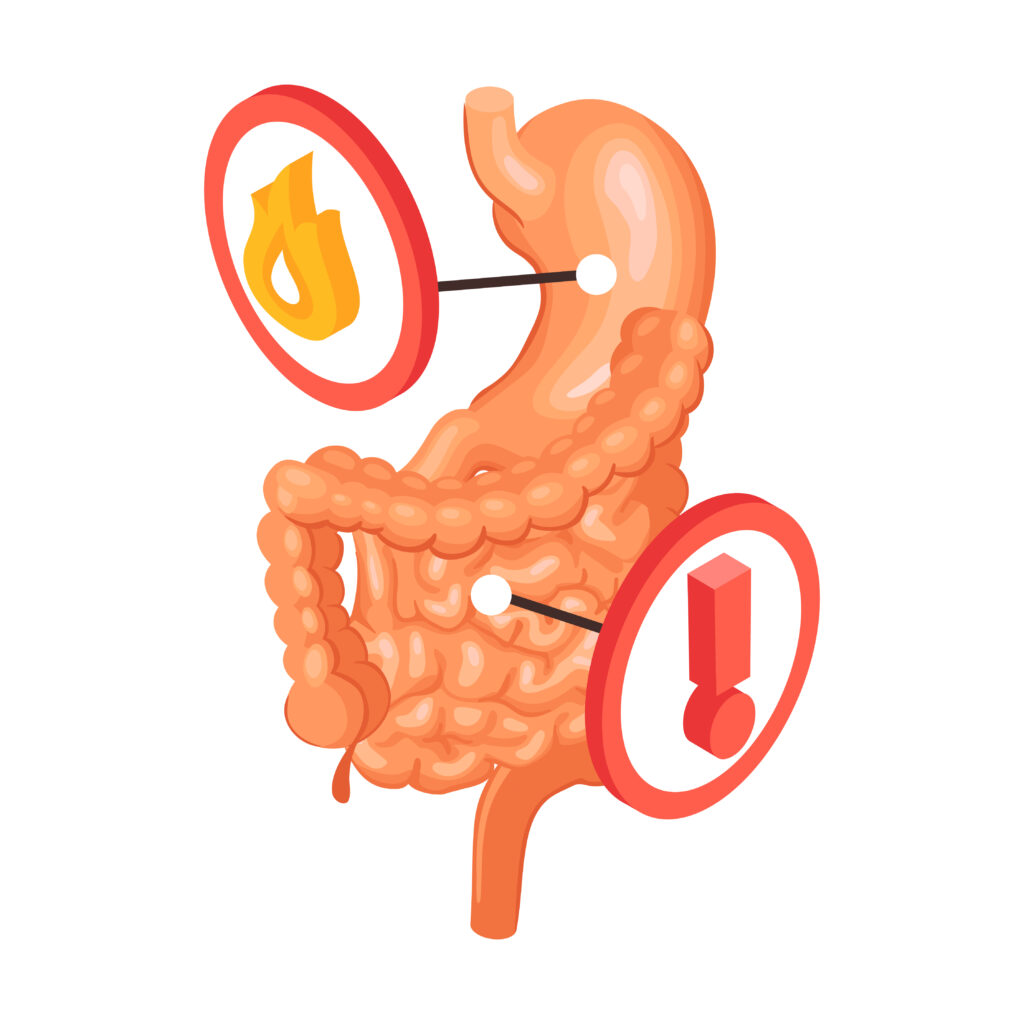Irritable Bowel Syndrome (IBS) is a common digestive disorder that affects millions of people worldwide. IBS is characterized by a group of symptoms, including abdominal pain, bloating, constipation, and diarrhea. The exact cause of IBS is not known, but it is believed to be related to a combination of factors, including stress, food sensitivities, and changes in the gut microbiome.
Symptoms of Irritable Bowel Syndrome
The symptoms of IBS can vary greatly from person to person, but some of the most common symptoms include:
- Abdominal Pain: IBS is often characterized by abdominal pain that can range from mild to severe.
- Bloating: IBS sufferers may experience bloating, which is the feeling of having a swollen abdomen.
- Constipation: Some people with IBS may experience constipation, which is when they have difficulty passing stool or have fewer than three bowel movements per week.
- Diarrhea: Other people with IBS may experience diarrhea, which is when they have loose, watery stools.
- Urgency: People with IBS may feel the urgent need to use the bathroom.
- Mucus in Stool: Some people with IBS may also notice the presence of mucus in their stools.
- Diagnosis of Irritable Bowel Syndrome
The diagnosis of IBS is typically based on a patient’s symptoms and a physical examination. There is no specific test for IBS, but your doctor may perform tests, such as a blood test, stool test, or colonoscopy, to rule out other medical conditions that can cause similar symptoms.
Treatment Options for Irritable Bowel Syndrome
There are several treatments that can help manage the symptoms. Some of the most common treatments include:
- Diet Changes: Making changes to your diet, such as avoiding certain foods that trigger your symptoms, can help improve IBS symptoms.
- Stress Management: Stress can trigger or worsen IBS symptoms, so it is important to manage stress through techniques such as exercise, meditation, and therapy.
- Medications: There are several medications that can help relieve IBS symptoms, including antispasmodics, laxatives, and antibiotics.
- Probiotics: Taking probiotics, which are friendly bacteria, can help improve the balance of gut bacteria and relieve IBS symptoms.
- Mind-Body Techniques: Mind-body techniques, such as hypnotherapy, can help reduce stress and relieve IBS symptoms.
In conclusion, Irritable Bowel Syndrome is a common digestive disorder that affects millions of people worldwide. The exact cause of IBS is not known, but it is believed to be related to a combination of factors, including stress, food sensitivities, and changes in the gut microbiome. While there is no cure for IBS, there are several treatments that can help manage the symptoms, including diet changes, stress management, medications, probiotics, and mind-body techniques. If you are experiencing symptoms of IBS, it is important to discuss your symptoms with your doctor and work together to develop a treatment plan that works for you.


